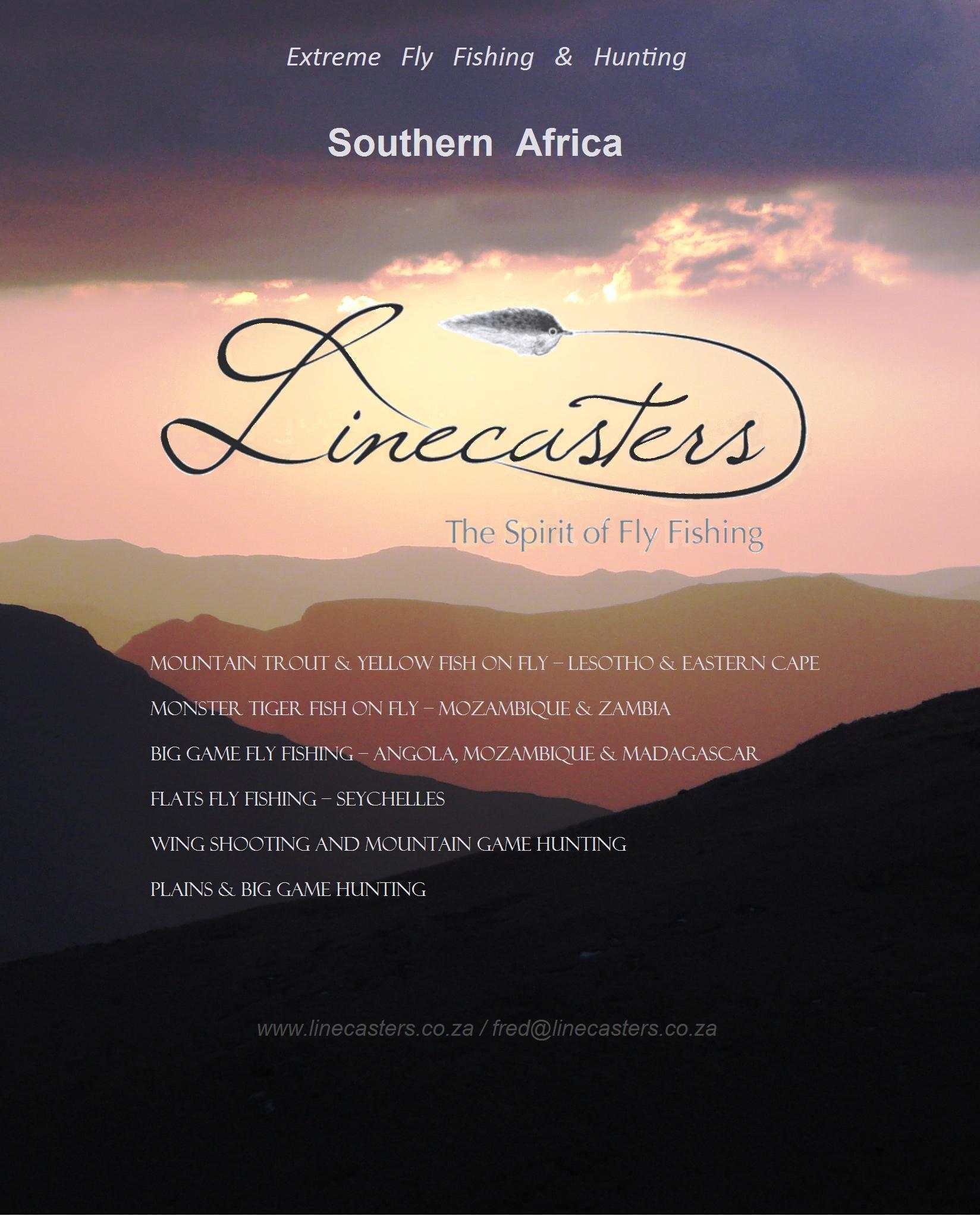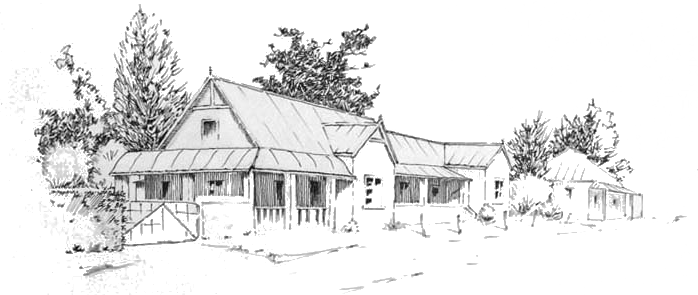FLIES I DEPEND ON IN RIVERS AND STREAMS WORLDWIDE – by FRED STEYNBERG
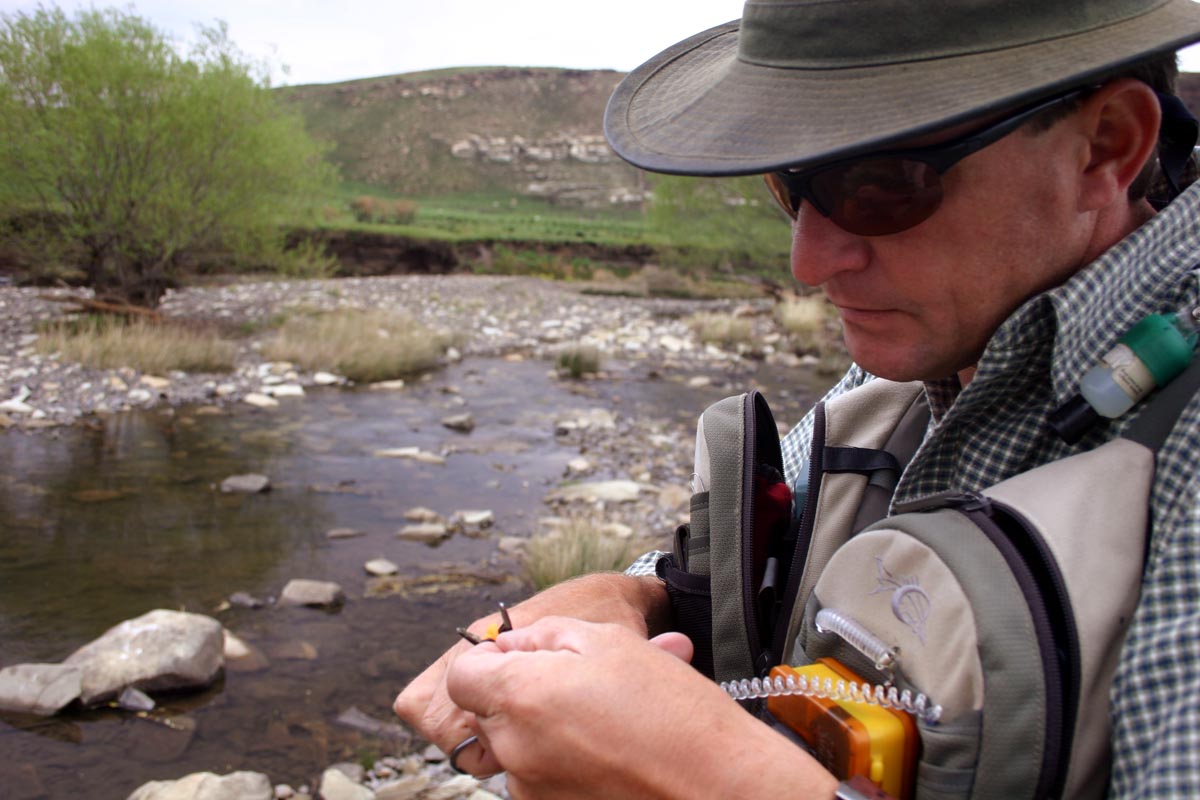
Brown flashback nymph (# 18 – 14) – imitating many different small mayfly nymphs but more specifically the Stout and Spiny crawler mayfly nymph (Tricorythidae and Teloganodidae).
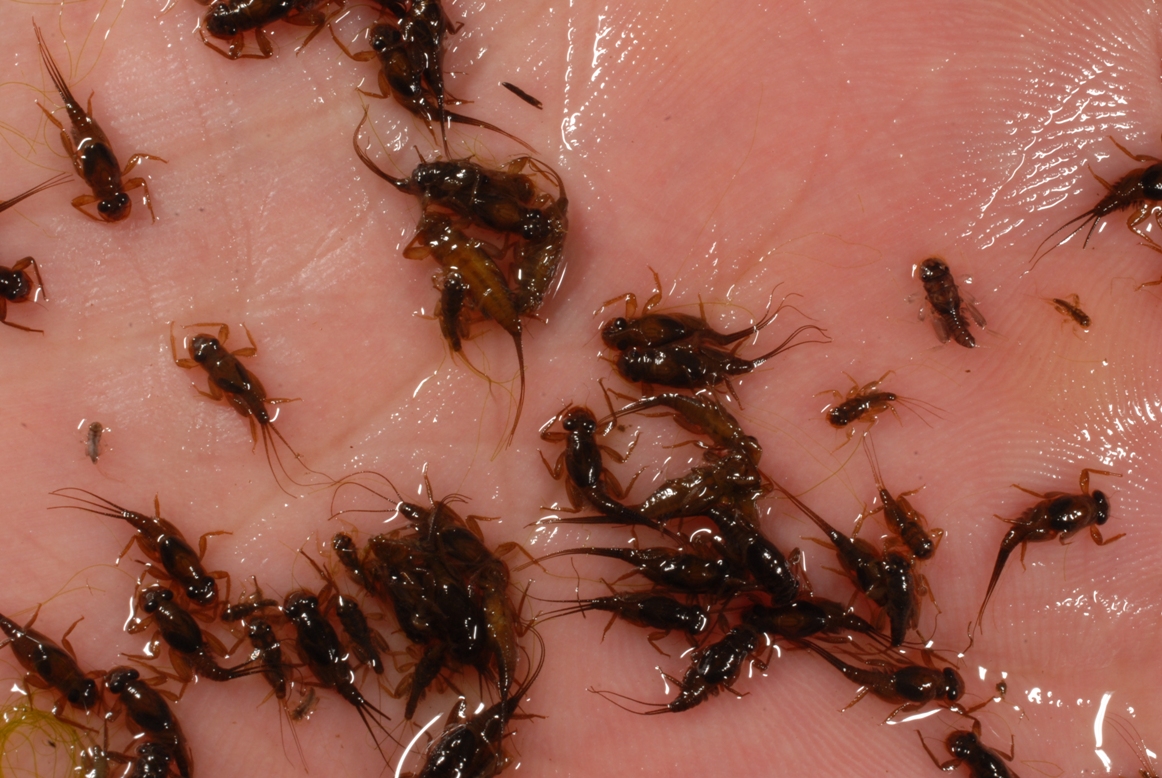

This fly is definitely one of the better small mayfly nymph imitations for selective trout in the southern hemisphere. I have caught selective brown trout in N.Z. of 10lbs in their rivers, many rainbows in Patagonia and word class rainbows (and Smallmouth yellow fish) in Southern African streams. I fish this fly almost exclusively behind a weighted nymph. It can also be tied in darker colours but I have found the dark brown most productive.
Gold bead Zak nymph (# 14 – 12) – Imitates a larger mayfly nymph called the Prongills (LEPTOPHLEBIIDAE)


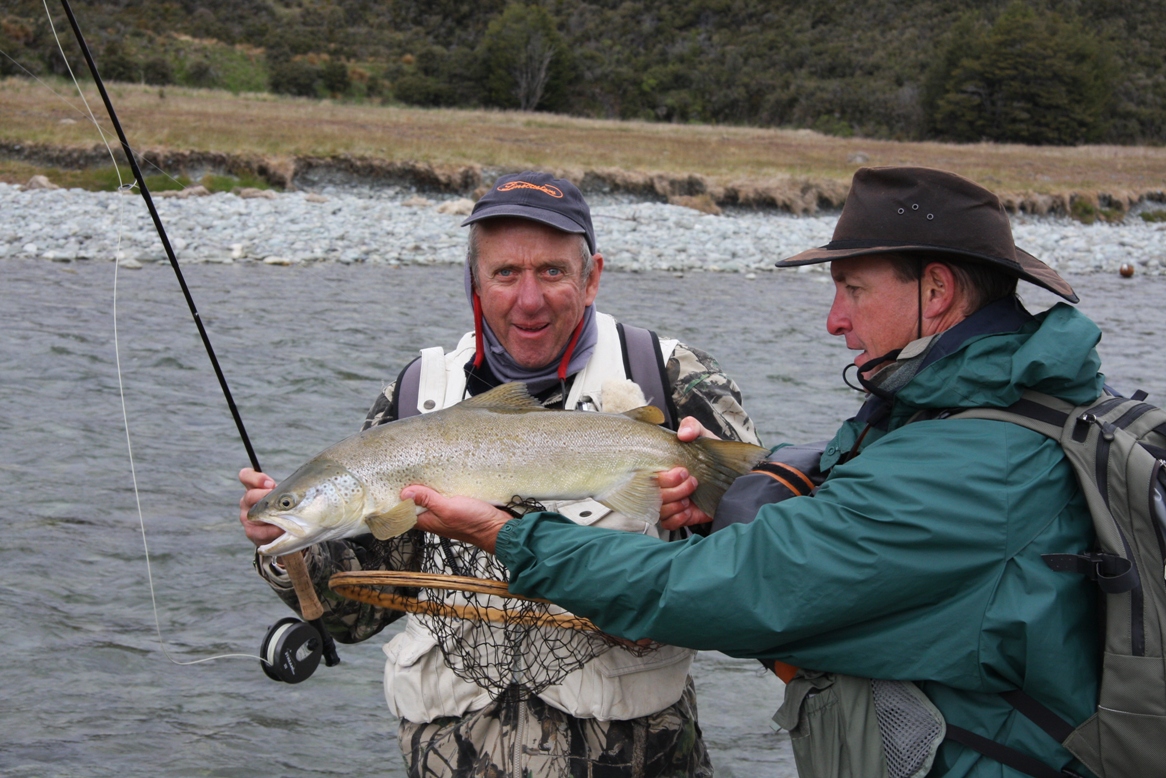
The Gold bead Zak nymph (inventor Tom Sutcliff) is such a lethal fly that some fly fishermen refuse to fish it in streams. Linecasters clients will all know this fly well as it has often been the best ingredient to a successful fly fishing adventure. This specific fly/illustration is not tied the same way that Dr. Tom ties it. Instead of weaving the herl, flash, hackle and ribbing, I palmer it much the same way as one would do when tying a woolly bugger. This method is not as durable but allows for a faster end result.
Fred’s Spider (#16 – 14) – Imitates ‘aquatic’ spiders (Wolf spider)


I have fished this pattern to large, wild fish that feed below the surface for quite a couple of years and have never, unless spooked, had a fish refuse it. This spider was invented round 2004 specifically for clear water fishing in freestone streams. This is not a search pattern and should be fished to sighted fish.
Fred’s rubber leg river dragon (#12 – 10) – imitates the Aeshnidae dragonfly nymph
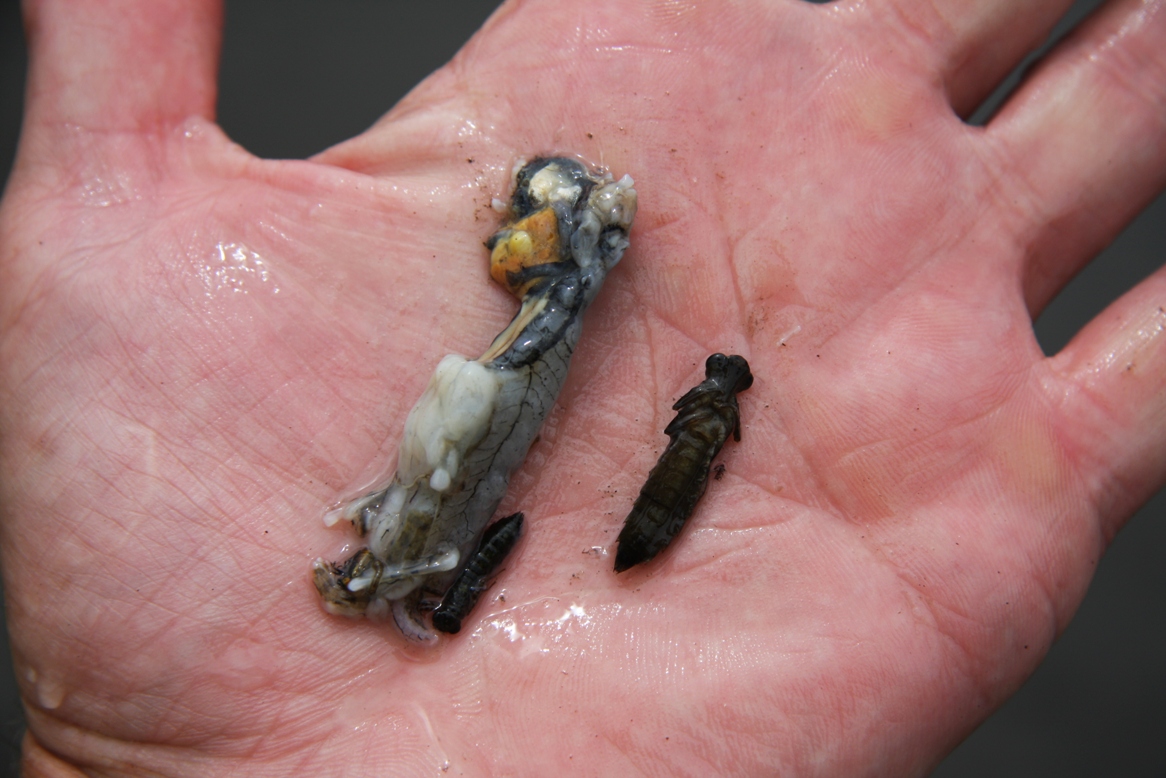

This nymph has accounted for hundreds of large wild trout and smallmouth yellow fish in Southern African rivers and streams. It’s best fished in those deep slow pools with a long leader/tippet configuration whilst applying the ‘Leisenring lift’. Lead weight should be added to the thorax section of the hook when tying and if fished correctly will produce many fish.
Fred’s flying ant pattern (#16 – 14) – imitates flying ants
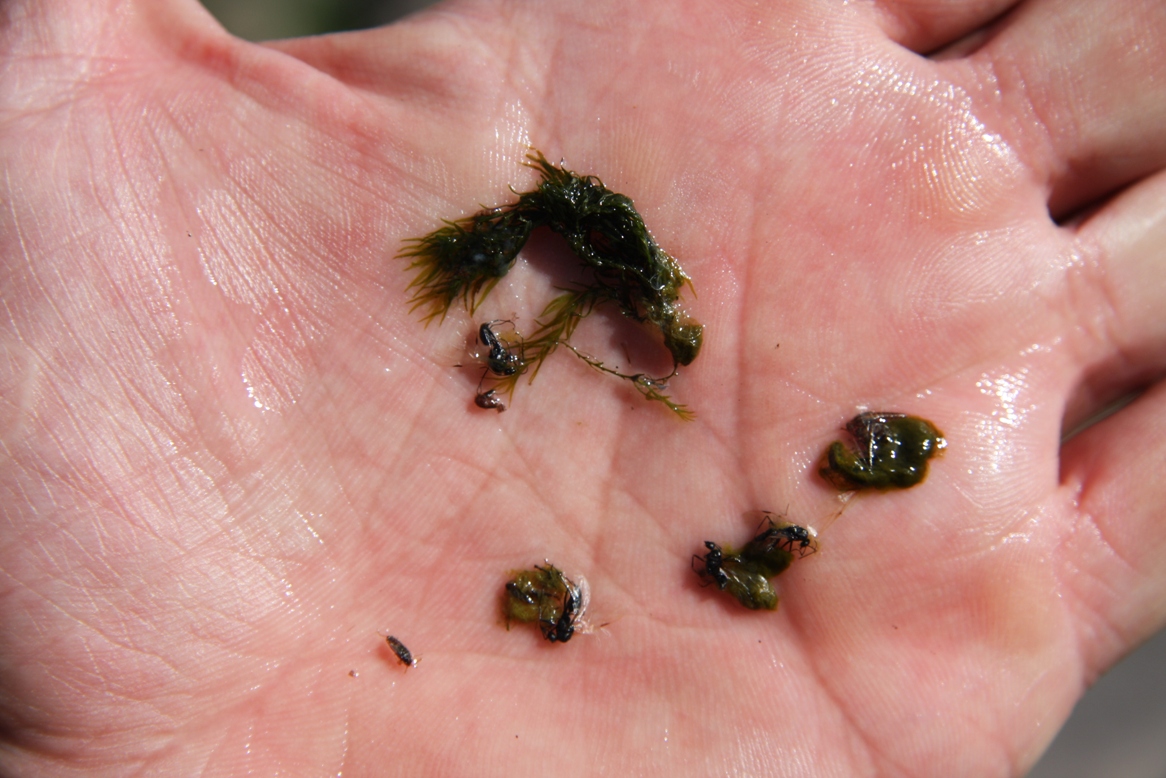

This pattern is one of the deadliest terrestrial patterns around and was designed to imitate flying ants that land up on the water surface during a flying ant flight on the highland rivers of Southern Africa. The fly should be presented gently to trout and yellow fish when an ant fall is in progress but will also often fool fish that feed below the surface on the bubble line.
Sparkle pupa (# 16 – 14) – imitates an emerging caddis or caddis pupa.
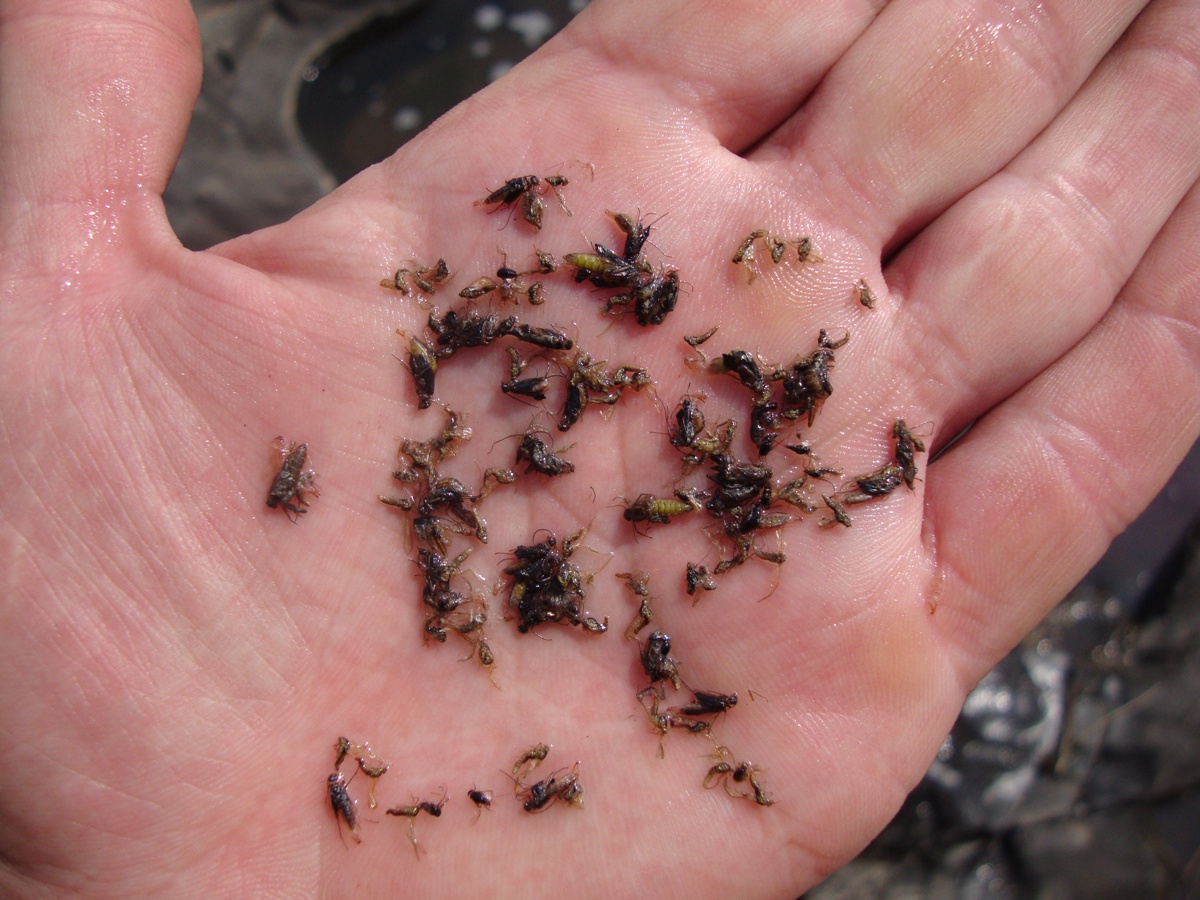
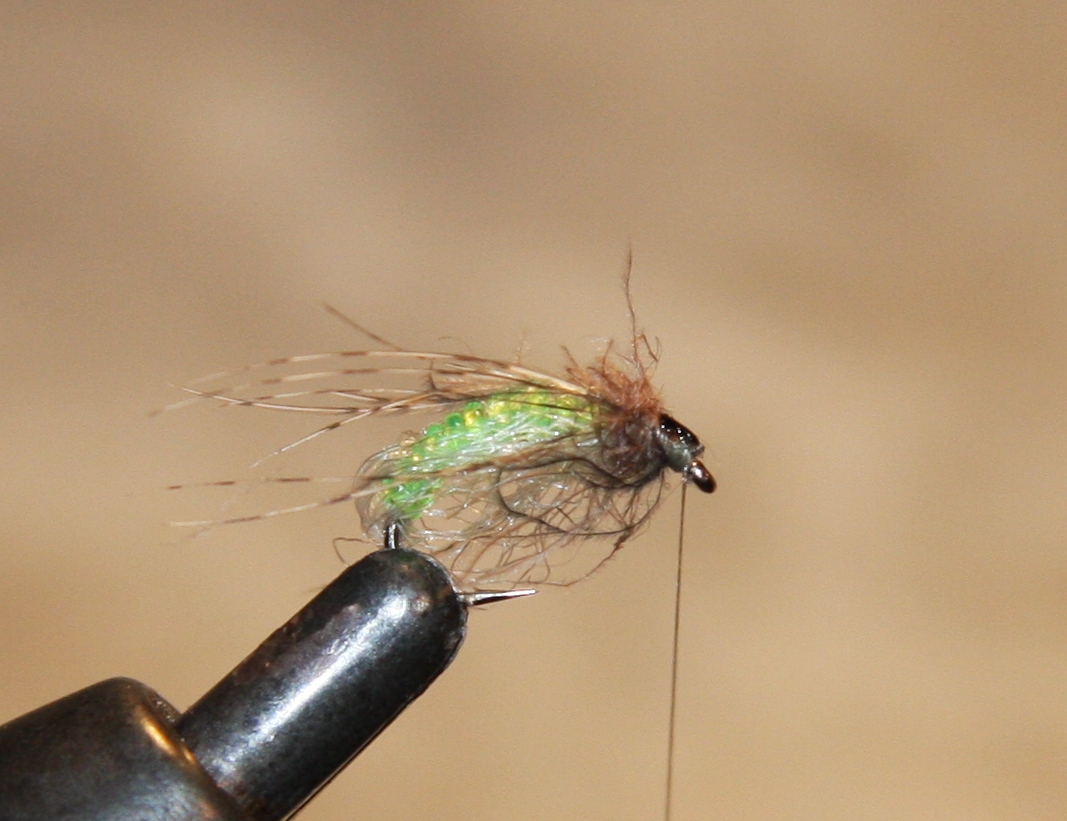
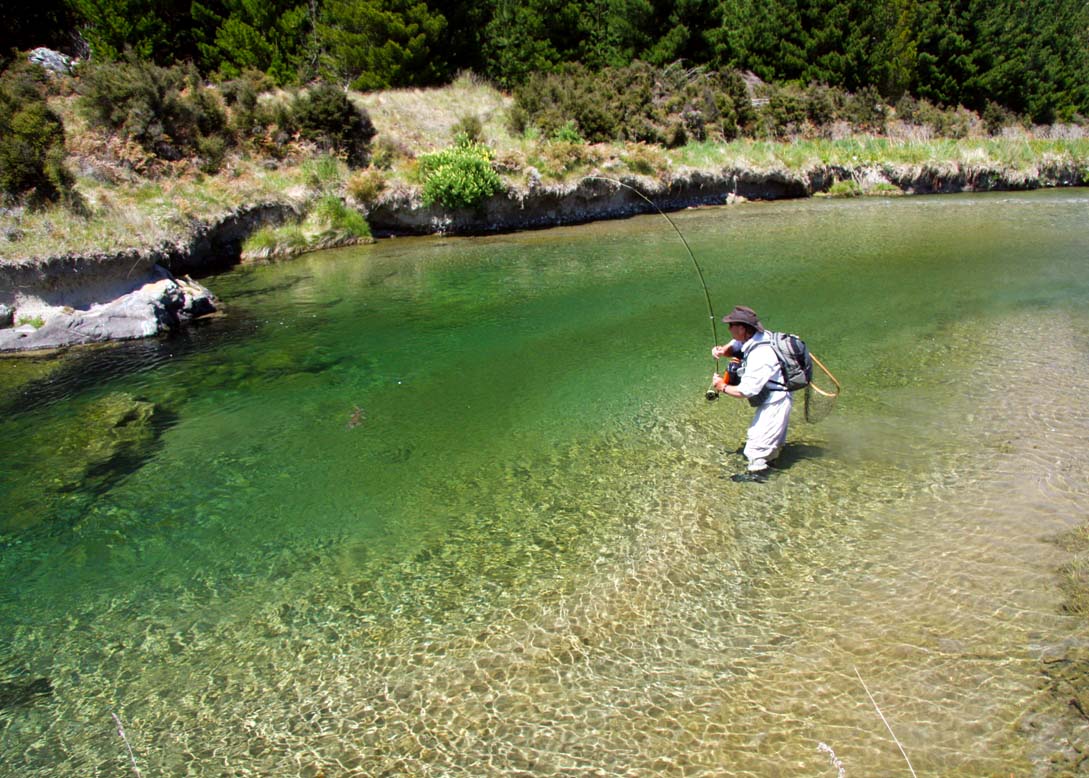
One of my favourite caddis pupa imitations. This specific imitation works well on all the rivers around Rhodes, Barkly East, Lady Grey and Maclear. It is definitely one of the most underrated flies, possibly because anglers are often not sure when to fish it. I often fish it on its own to trout that feed below the surface or in tandem behind a weighted fly for Smallmouth yellows.
